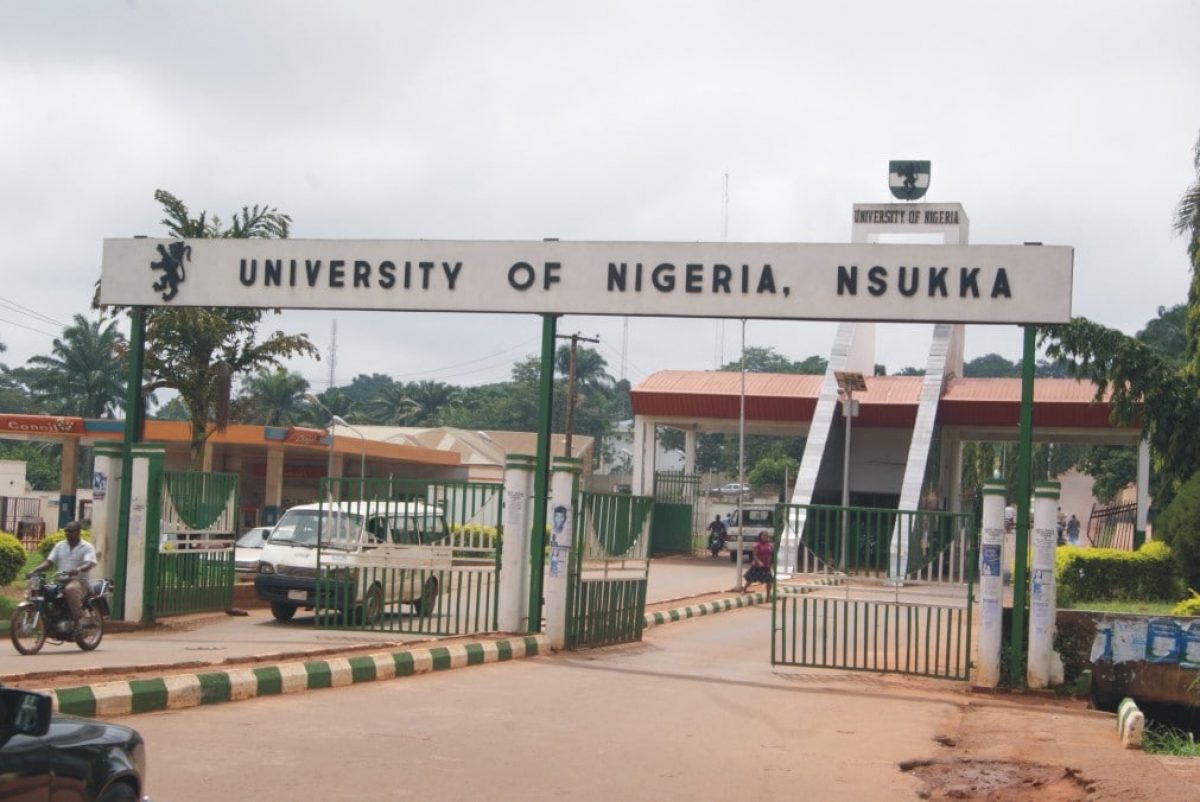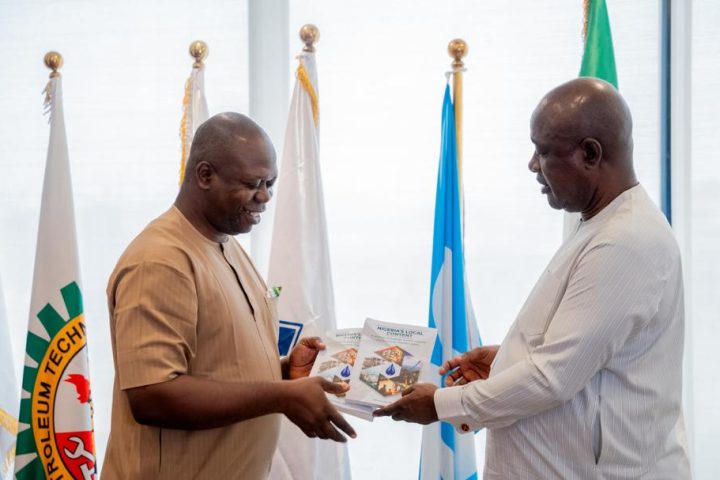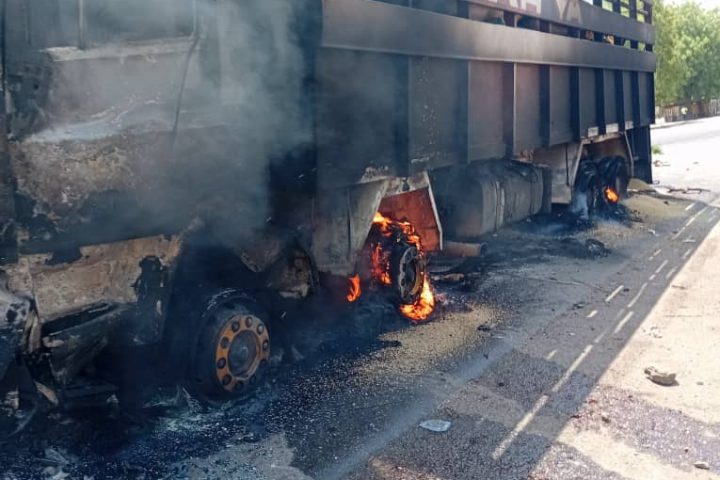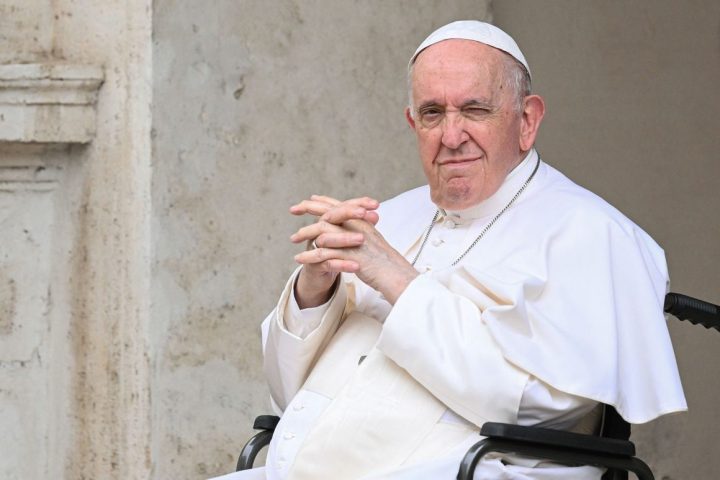By Amarachi Favour
The Academic Staff Union of Universities (ASUU) is prepared to wade into the brewing students crisis and protests, following the proposed increase of fees by as much as 100 per cent at the University of Nigeria Nsukka.
This came as the Enugu Campus chapter of the Executive Council of the Students Union Government (SUG) vehemently opposed the proposed charges released by the university.
Join our WhatsApp ChannelA statement issued on behalf of the SUG on Thursday night and signed by Cyprian Idoko (President, UNEC), Isaac Frederick (Speaker, SUG House of Reps), and Ali Cajetan (Deputy Senate President) indicated that ”any increase in fees as being planned by the university is totally unacceptable to the students.”
The memo, the copies of which the SUG officials sent to the Vice Chancellor, Professor Charles Arizechukwu Igwe, the three deputy vice-chancellors, Provost College of Medicine, Dean, Students Affairs Department, among others, noted that ”students are only open to paying fees they consider considerate and in touch with the prevailing economic conditions of our time.”They, however, said that the students ”remain open to dialogue and cooperation and ever committed to the University’s quest for erudition.”
But the President of the local branch of ASUU at UNN, Dr Christian Opata, confirmed to Prime Business Africa early morning of Friday, December 2, 2022, that ASUU might offer some sort of intervention. He, however, added that no concrete decision had been taken by ASUU to wade into the matter.
An official of the university, who spoke to Prime Business Africa early Friday morning, described the proposed payment by students as a ‘service charge, not school fees’.
”UNN does not charge fees; what the University collects is service charges which normally does not satisfy the need,” a Professor of Industrial Chemistry said in a group chat.
”For instance, how much can the University collect to make up for the quantum jump in the electricity bills – from over N80 million before the ASUU strike to N17 million when the students were not in school during strike. It is no longer over N80 million per month.”
Responding to Prime Business Africa’s query on whether the Union at UNN would reach out to relevant authorities to ensure that Nigeria’s first autonomous university continues to retain its peaceful outlook even in the face of obvious need to increase charges, Dr Opata confirmed that the UNN branch of ASUU would rely on the National body led by Professor Emmanuel Osodeke for approval to intervene.
On how quickly the Union intends to wade in, Opata, however, noted that the local branch of ASUU understands the delicate balance of things, but would intervene ‘not for now.” Before we do, we must get the permission of our national body,” Dr Opata said.
According to him, ”If invited by the students and if our national body authorizes us to do so,” the Union would intervene; but, for now, ”The Union is yet to take a decision on that.”
Recall that thousands of students had protested the planned increase in school fees, which the university authorities termed, a ‘Proposed Schedule of Undergraduate Consolidated Charge.
Some of the students who spoke to Prime Business Africa on condition of anonymity said they were protesting because the University released a proposed ‘school fees’ schedule for the 2021/2022 academic session, which indicated an almost 100 per cent increment.
One of the students already rounding off his second year in the school said he previously paid N41,500 and is expected to pay N82,000 in the new session that will, according to the University’s calendar, formally begin on Monday, December 5.
UNN students were rounding off their Second Semester examinations when the consolidated service charge schedule was released. ” As lecturers, the new service charge schedule was sent to our emails on Thursday afternoon and many of us are thinking of how to react to it, a lecturer in the Faculty of Social Sciences told Prime Business Africa early Friday morning.
With the Federal Government’s half salary measure and the backlog of salary arrears, many lecturers having children in the university are still wondering how to navigate this, the university lecturer, who is also an Economist, said.
















![Breaking: Tinubu Returns To Abuja After Europe Trip [Photos]](https://www.primebusiness.africa/wp-content/uploads/2025/04/Tinubu-returns-to-Abuja-Pohotos-2-720x480.jpeg)

Follow Us